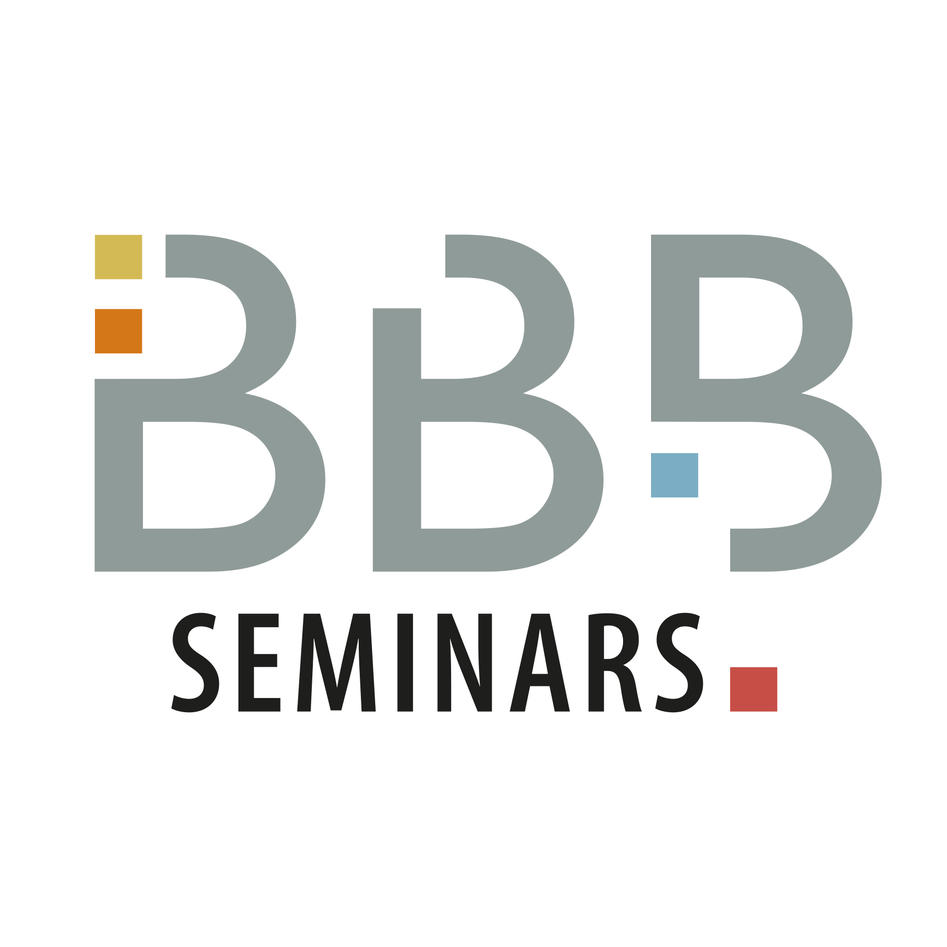BBB seminar: Johannes A. Eble
Integrins are redox-regulated predominantly via a thiol-switch within the hinge region
Hovedinnhold
Johannes A. Eble
Institute of Physiological Chemistry and Pathobiochemistry, University of Münster, Germany
With the advent of molecular oxygen in the earth’s atmosphere, life not only gained a better energetic usage of nutritional fuel, but also had to learn to deal with reactive oxygen species (ROS). Whereas ROS have been looked at as dangerous molecules for the last decades, at physiological concentrations, cells are able to produce ROS and signal via them, resulting in a physiological redox regulation. A target of ROS are cysteine residues in proteins, which by oxidation to disulfide bridges or to sulfenic acid groups change the conformation of proteins. The Eble group has identified a redox-dependent pair of cysteine residues within the hinge domain of the integrin α7 subunit. This talk will introduce the fascinating world of reversible redox-modifications of this cysteine pair, which acts like a thiol-switch activating and inactivating integrin binding activity and integrin-mediated cell functions.
Moreover, within the integrin-centered cell adhesion complex, proteins other than integrins are targets of redox-regulation.
Chairperson: Donald Gullberg, Department of Biomedicine
